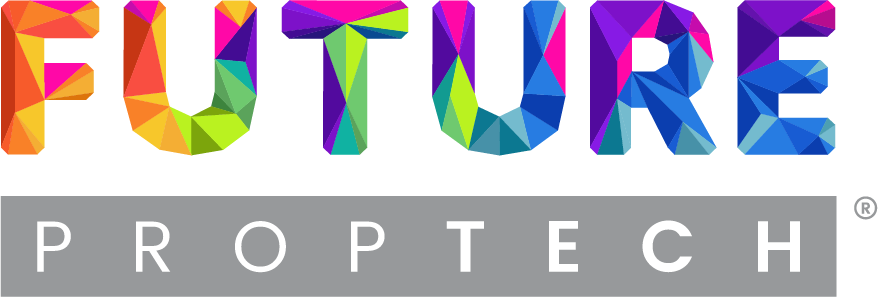
Back Shaping our cities: how digital technology is disrupting global real estate
If technology is the answer, what is the question? What do investors and occupants want from landlords? These were some of the questions that Arup addressed in this report, commissioned by IPUT.
The climate crisis, changing business models, new technologies and pressures from occupants and investors mean that there are opportunities to use digital technology to deliver better workplaces.
The Climate Crisis has forced all sectors and industries to step up to take action. In order to safeguard investors’ portfolios and buildings against the threats of climate change and future reporting requirements, more operational data is needed to assess these risks. Buildings, therefore, must be equipped to collect operational data. Beyond the climate crisis, tenants and occupants are demanding more flexible working spaces. The traditional ‘9 to 5’ workspace has changed dramatically. Tenants want spaces that can encourage, inspire and attract a creative and productive workforce, with services and digital solutions that support that.
Better Workplaces – Given these pressures from tenants and investors, real estate stakeholders now have a great opportunity to rethink creative and innovative solutions in order to improve efficiency gains and additional revenue streams. A number of leading organisations are using digital and user experience to create buildings that are more sustainable, resilient and occupier focussed.
Barriers to Change – real estate is one of the most heavily under-digitised sectors. As the technology community are quick to come up with tech solutions, such as PropTech, there is still a mismatch between the solutions being developed by tech vendors and how they are deployed.
A key reason for this is that value propositions for digital solutions are not aligned with mainstream real estate business models – although the rise of flexible space operators and the need for more operational data will change this.
As tenants demand more flexible space and support from landlords to deliver new services and investors require more data, new business models will emerge, supported by user experience design. New approaches to creating smart buildings and the growing number of real estate technology leaders, will create more opportunities to successfully deploy digital solutions to address tenant and investor needs.
Thank you to FUTURE PropTech Category Partner, Arup for the insights - www.arup.com.
